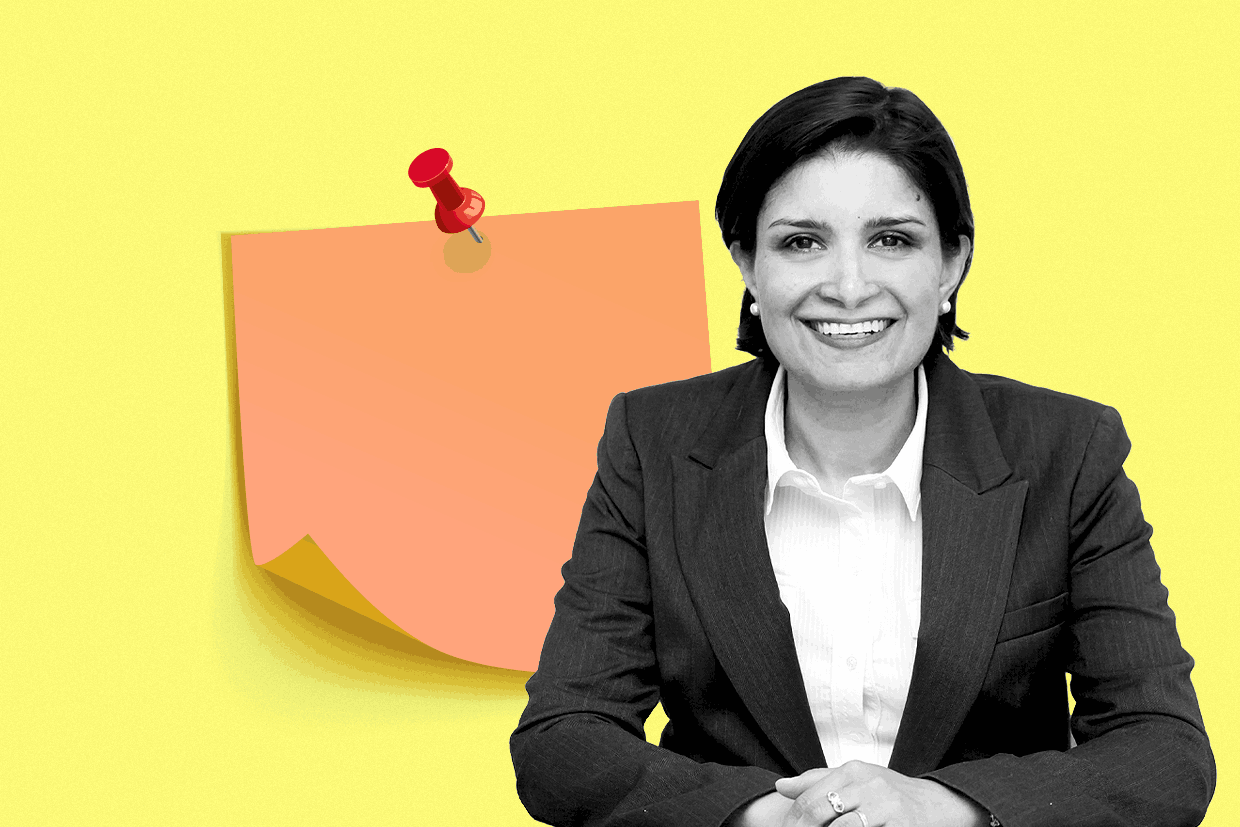Looking differently at a situation is second nature to Kavitha Ramachandran. Although she has a long and exhaustive background in finance, she credits her success to a formative experience that took place as a student--and far outside the financial sphere.
“When I was a student in Delhi I did postgraduate study at the National Institute of Fashion and Technology. The course offered a student exchange to Paris, where I had the opportunity to attend fashion shows, work with creative people, entrepreneurs, designers. Then a few years later I found myself in Luxembourg in the heart of finance--but now I was able to look at things from the creative perspective,” she explains.
This sense of perspective served Ramachandran well. Although Luxembourg had been the first country to transpose the Undertakings for collective investments in transferable securities (Ucits) III directive into national law in 2003, come 2011 a growing number of institutional investors were looking at the alternatives space. Ramachandran spied an opportunity.
“I saw that Europe could be a key growth area for Maitland with the introduction of the Alternative Investment Managers Directive (AIFMD) in 2011 and that we could really develop in the fund administration space.”
Ramachandran helped develop the business case and led the project to establish Maitland as an Alternative Investment Fund Manager (AIFM) in Luxembourg. Today, Maitland has morphed from a legal and consulting business to a fund services provider with $200bn under administration, offering management company services in key European fund jurisdictions, a task in which Ramachandran continues to be active as head of business development and client management for continental Europe. “I have been building the product and services suite for Maitland’s fund business,” she says.
Embracing curiousity
Rewind a little. How does an accountant (Ramachandran’s first job at Maitland) find the confidence to move from head-in-the-detail into such a people-facing role?
“I’m naturally curious,” she says. “I really like to delve deeper.”
Already being an accountant meant that Ramachandran had seen how a fund worked from end to end. The rigorous training meant that she was unafraid to look into the detail of a job, although she acknowledges that this can sometimes work against her. “I’ve had to learn to sometimes leave things at the high level.” However surely her success is down to more than just her accountancy training?
Yes. Ramachandran credits the atmosphere in Maitland with giving her wonderful opportunities to learn things. The company began in 1976 with just two people and grew from its original legal focus into a fund administrator employing more than 475 people across four jurisdictions. Ramachandran has been with the business during a substantial chunk of this growth and was responsible for integrating South African funds administrator Finsource when it was acquired by Maitland in 2005.
“I was able to have access to senior people and bounce my ideas off them,” Ramachandran says of Maitland at the time. “This really helped me continue to look differently at things.”
The corporate ‘open door’ policy in Maitland is something that Ramachandran is passionate about preserving. “I like to stay accessible, and I’m interested in helping the younger generation because people helped me,” she says.
She thinks that Maitland’s informal mentorship approach works well, but that the last two years of home working has removed some of the necessary human touch for young people in general. It is therefore important to keep on picking up the phone and to keep on talking.
Yet for all that the pandemic has taken, it has also given. “The younger generation can learn so much online, access materials in ways that were never possible for me. The areas of finance in which one can work have exploded. There are opportunities in digital now, in technology. When I was coming up the corporate ladder I was still faxing things!”
Staying open to opportunities
The value of ongoing learning can’t be overstated. When Ramachandran was working on the integration of Finsource she had to work closely with the South African regulator to wrap her head around the many risks and requirements. This included planning for the right licenses, conceiving a business plan that could be constantly tweaked, testing processes for robustness. She values these opportunities to learn something new.
Ramachandran originally moved from operations in Maitland into business development because the new opportunities of being client-facing excited her. This people-facing experience led her into some unusual extra-curricular activities, one being the host of Raagamalika, a Radio Ara programme on a Sunday morning that plays Indian classical music from the subcontinent.
The role not only involves two-and-a-half hours of showcasing Indian music and interviewing artists, it also posed an initial technical challenge. “I had to learn the tech stuff myself,” she says. “No one does it for you.”
It’s unusual, even in a tiny place like Luxembourg, to hold the dual titles of business development head and DJ. But Ramachandran is blasé. “It was pure chance. A friend offered the audition to me, and they said I had a radio voice. It was intimidating at first but I found I could apply the presentation skills to work.”
This openness to new experience is perhaps the most important lesson to success, Ramachandran concedes. “If I were talking to a young person today, I’d say there is no magic formula. But continue to adapt to situations, changes and challenges. Continue to be curious. Ask questions. Read.”
Ask questions?
“Oh yes. I get told I ask too many questions,” she says. “And if someone says no to me, they had better have a good reason!”
